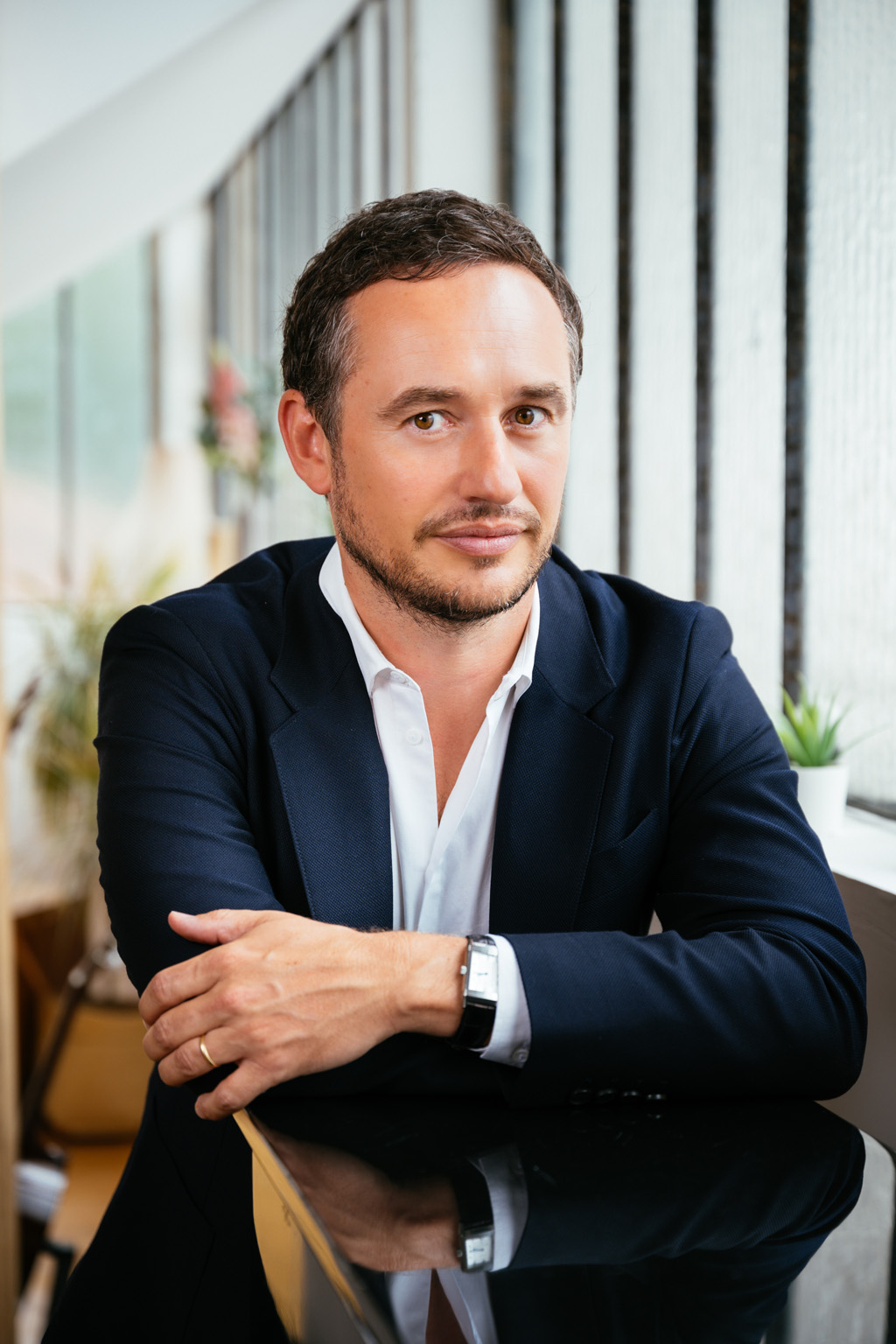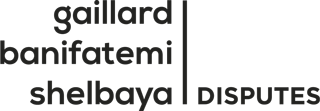Thomas Parigot, partner at Gaillard Banifatemi Shelbaya Disputes
« If clients come to us, it is because the case is, by definition, very complicated. »
How did you get into arbitration law?
It was pure chance as I never really studied arbitration law!
After my Master’s degree in Contract Law at Paris XI, I enrolled in a program dedicated to law and international management at the HEC and ESCP business schools. My focus at the time was mainly corporate law. While searching for an internship, I heard that Shearman & Sterling was looking for Spanish speakers and I was interested in testing my ability to use that language in a professional context. That’s why I went and introduced myself to the lawyer who was representing the firm at the HEC job fair. She turned out to be Coralie Darrigade, who is a founding partner of Gaillard Banifatemi Shelbaya Disputes. It led to a formal interview and to an internship, during which I met Emmanuel Gaillard and Yas Banifatemi. This is how I discovered arbitration, which has been my exclusive practice since then.
What do you like about the practice of arbitration?
This will sound trivial to people who are familiar with the field, but practicing arbitration means that you work in a multicultural environment and in different languages, which I find very stimulating. Becoming an arbitration practitioner even allowed me to work and live abroad, which I would not even have dreamt of as a French avocat. I have the fondest memories of my time as an intern in Buenos Aires and the three years that I spent at Shearman & Sterling’s New York office. I am very grateful for those experiences, which were intense both at a professional and personal level.
What I also find striking in our practice is the necessity to delve into non-legal matters. Not only arbitration cases often raise complex and novel legal questions, but they also frequently involve financial and technical issues, which can be critical for the outcome of the dispute. One therefore has to work with experts in many different fields, which I find particularly enriching. It is also a challenge, as you end up having to advocate the corresponding issues before the arbitrators. During a few weeks or months, you learn a huge amount of information about a tiny aspect of a field that you had virtually no knowledge of before: it’s a lot of fun. I can give you a couple of examples. Just over the past few months, I cross-examined experts in finance, real estate and chemical engineering. There is no chance I will ever get bored doing that: it’s different every time.
The other feature that I always found very appealing is the importance that the political background of the dispute can have in some of our cases, especially in investment matters where states are involved.
Can you give us an example?
I will give you two. During my first years as an associate, I worked with the team at Gide Loyrette Nouel that was assisting Mr Victor Pey Casado with his claim against Chile for the alleged expropriation of his newspapers, El Clarin, during Pinochet 1973’s coup. I was only briefly involved in one the last episodes of this well-known arbitration saga, but I remember thinking how lucky I was to have the opportunity to work and learn more on the general context in Chile at the time in order to understand the background to the case.
The same happened a few years ago when I participated in cases on behalf of the Bolivarian Republic of Venezuela. We had to defend the government’s expropriation policy with respect to a particular industry. We therefore had to understand the public policies that were behind the measures that were challenged by the investor.
How would you define the work ethic at Gaillard Banifatemi Shelbaya Disputes?
The first value is probably excellence. Our market segment is very demanding, we work on complex matters with very high stakes. If clients come to us, it is because the case is, by definition, very complicated. We have to measure up to the demand and we succeed not only because we are all specialists, but also because we have different expertise and backgrounds. It’s a team effort, and that’s how we manage to be as creative as possible.
What do you mean?
Think of an advertising agency. To come up with a new idea, you need the team to brainstorm. It’s not different for us. A good way to find the right argument, complex or not, is often to compare points of view. Because our team members come from different legal cultures, they have different approaches, and that creates value for the cases and our clients. We only provide tailor-made advice and to achieve that, the great strength of our team is its diversity. Respecting and taking into account all opinions from the team members is always positive for the case. It’s also something that we all benefit from as individuals in the development of our careers. It’s important to feel supported for your own specific skills irrespective of your seniority. As a matter of fact, as a group, we are not a particularly pyramidal organization. Everyone has a say and Emmanuel Gaillard and Yas Banifatemi have always made sure to recruit people with different profiles and backgrounds to ensure that diversity.
What’s next for you?
I want to continue to grow my practice and keep working in the areas where I developed a particular expertise such as M&A and corporate disputes, construction cases, as well as arbitration related proceedings before the French courts, in particular actions to set asides arbitral awards. Our team keeps expanding, including in our offices in London and New-York. It’s exciting to be part of that process. I am also eager to pursue my pro-bono activities, which are a natural and important extension of our work in arbitration. Our knowledge and skills in international law and comparative law prove particularly useful to support certain causes. I have, for instance, been involved in several projects led by NGOs in relation to female genital mutilations and women’s reproductive in Africa. These are crucial issues that require all the attention they can get.
Interview by Valentine Faure

